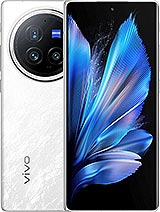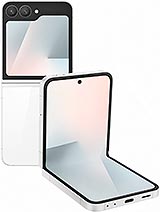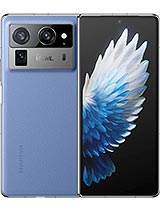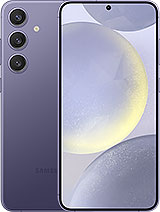Motorola Razr 60 Ultra alternatives
Tap above to see alternatives.
Nothing Phone (3) alternatives
Tap above to see alternatives.
Motorola Razr 60 Ultra

Motorola Razr 60 Ultra
-
Snapdragon 8 Elite
3 nm
-
4700 mAh
68W
-
7.0"
1224 x 2912 pixels
-
50 MP
8K@30fps
-
Specs

Nothing Phone (3)

Nothing Phone (3)
-
Snapdragon 8s Gen 4
4 nm
-
5150 mAh
65W
-
6.7"
1260x2800 pixels
-
50 MP
4K@30/60fps
- Specs
2x4.32 GHz Oryon V2 Phoenix L
6x3.53 GHz Oryon V2 Phoenix M
1x3.21 GHz Cortex-X4
3x3.01 GHz Cortex-A720
2x2.80 GHz Cortex-A720
2x2.02 GHz Cortex-A720
16GB 512GB (UFS 4.0)
f/1.8, 24mm (wide), 1/1.56", 1.0µm, multi-directional PDAF, OIS
50 MP
f/2.0, 12mm, 122˚ (ultrawide), 0.6µm, PDAF
OmniVision V50H, f/1.68, 24mm (wide), 1/1.3", 1.0µm, PDAF, OIS
50 MP
Samsung JN5, f/2.68, 50mm (telephoto), 1/2.75", PDAF, 3x optical zoom
50 MP
Samsung JN1, f/2.2, 114˚ (ultrawide), 1/2.76", 0.64µm, AF
4K@30/60/120fps
1080p@30/60/120/240fps
1080p@30/60fps
f/2.0, (wide), 0.64µm
Samsung JN1, f/2.2, (wide), 1/2.76"
1080p@30/60fps
1080p@30fps
SIM1: Nano, SIM2: Nano
SIM1: Nano, SIM2: eSIM
23 5G bands
n1, n2, n3, n5, n7, n8, n12, n14, n20, n25, n26, n28, n30, n38, n40, n41, n48, n66, n70, n71, n75, n77, n78
18 5G bands
n1, n2, n3, n5, n7, n8, n12, n20, n25, n28, n38, n40, n41, n48, n66, n71, n77, n78
In this performance comparison, the Motorola Razr 60 Ultra with its Qualcomm Snapdragon 8 Elite (3nm) performs better than the Nothing Phone (3) with the Qualcomm Snapdragon 8s Gen 4 (4nm), thanks to superior chipset efficiency.
Nothing Phone (3) offers 5 years of OS updates, whereas Motorola Razr 60 Ultra provides 3 years. For security updates, Nothing Phone (3) offers 7 years of support compared to Motorola Razr 60 Ultra's 4 years.
Both Motorola Razr 60 Ultra and Nothing Phone (3) feature AMOLED displays, offering vibrant colors and deeper blacks. In terms of smoothness, Motorola Razr 60 Ultra offers a higher 165 Hz refresh rate, ensuring fluid scrolling and animations. Both devices deliver the same brightness level at 4500 nits. Notably, Nothing Phone (3) offers a higher screen resolution, resulting in sharper visuals and more detailed content.
Nothing Phone (3) features a larger 5150 mAh battery, potentially delivering better battery life. Motorola Razr 60 Ultra also supports faster wired charging at 68W, compared to 65W on Nothing Phone (3). Motorola Razr 60 Ultra offers faster wireless charging at 30W, while Nothing Phone (3) supports 15W.
Nothing Phone (3) offers better protection against water and dust with an IP68 rating.
- Motorola Razr 60 Ultra – Check price here
¹ Scores can vary even with the same chipset due to RAM, thermals, and software optimization.










